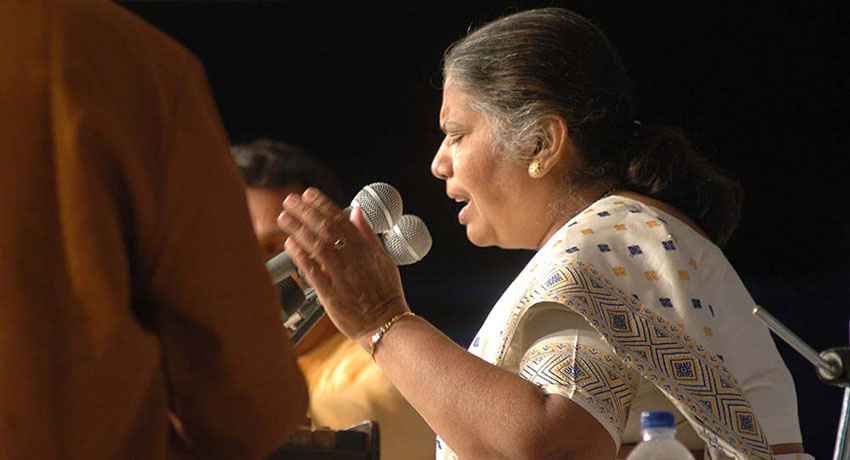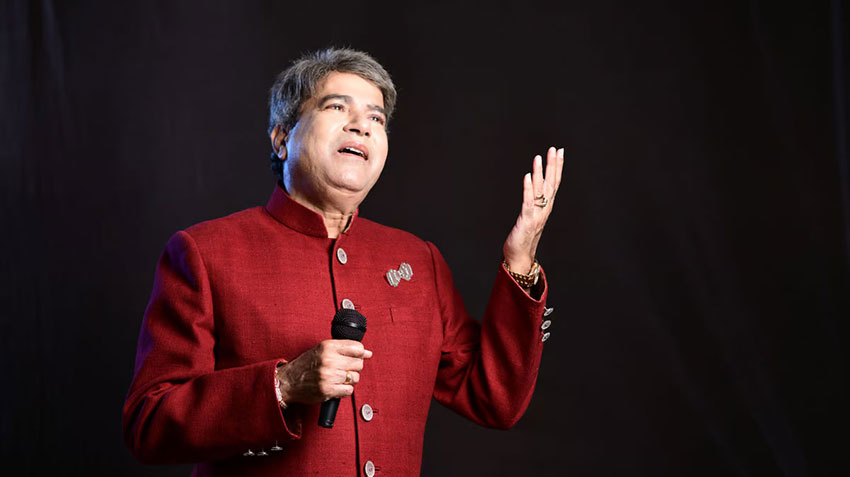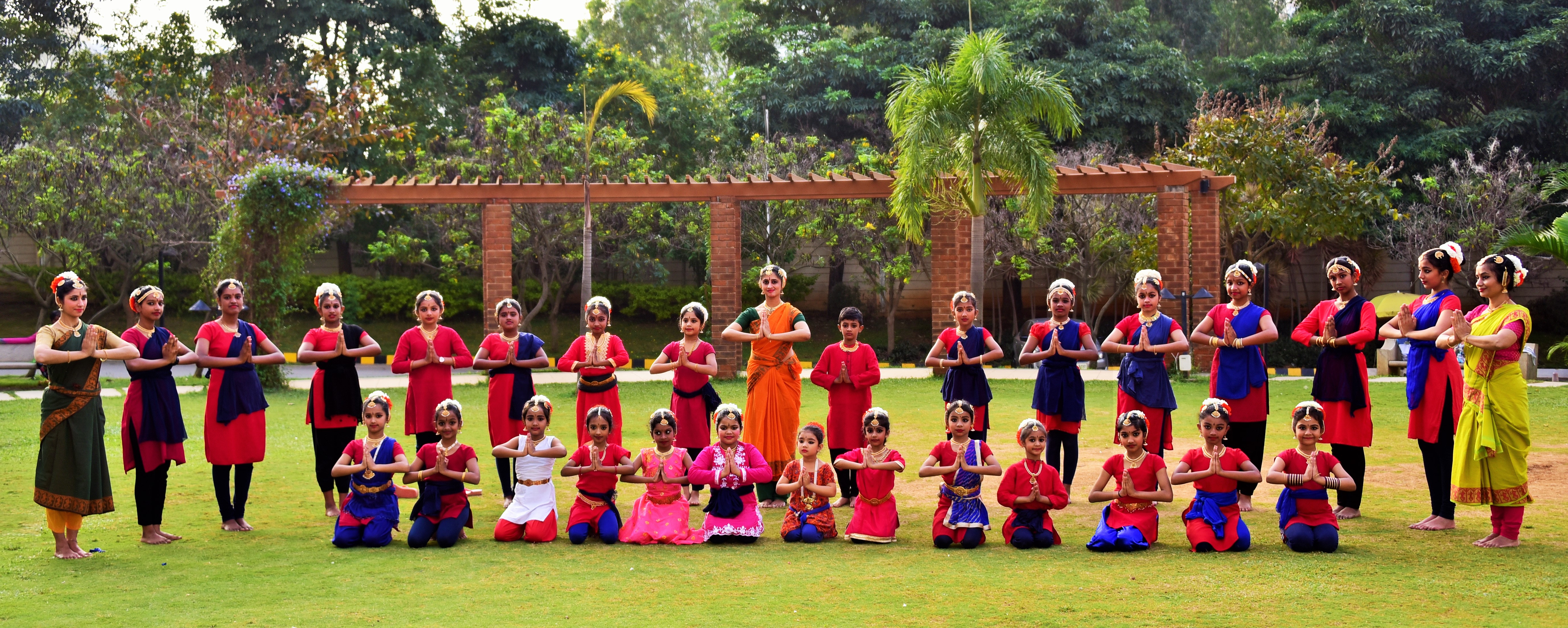In the rich tapestry of Indian classical music, certain luminaries shine brighter than stars, their voices echoing through time and space, imprinted on the annals of history. Malini Rajurkar was one such artist. Her recent passing leaves a void in the classical music world that cannot easily be filled.
Malini Rajurkar’s journey was an awe-inspiring one, charting a course from her birthplace in Rajasthan to the highest echelons of Hindustani classical music. Her oeuvre was staggering in its scope—rooted in the Gwalior Gharana but never confined by it, her music defied easy categorization. She was as comfortable rendering a soulful Khayal as she was enchanting audiences with light classical pieces such as Thumris and Bhajans.
Her voice, crisp yet mellifluous, served as a vehicle for her razor-sharp understanding of raagas. She made intricate raagas like Miyan ki Todi and Jaunpuri accessible, unpacking their complexities for the layperson while maintaining their profundity for the connoisseur. Her music was a confluence of technical mastery and soul-stirring emotion, transcending boundaries of tradition, gender, and region.
Malini Rajurkar’s performances were not just mere musical events; they were educative experiences. Each performance brought forth her lifetime of research, her continual exploration into the nuances that form the bedrock of Indian classical music. Whether it was her iconic renditions of rare ragas or her willingness to experiment within the parameters of classical discipline, she illuminated the path for future generations of artists.
The singer also carried the mantle of mentorship with grace. Many young artists who came under her tutelage or had the chance to perform with her remember her generosity, warmth, and above all, her unswerving commitment to the art form. In an era where commercial considerations often eclipse artistic integrity, her unwavering focus on the purity of the art form served as a moral compass for many.
It’s not just the classical music community that mourns her loss; it’s the nation and, indeed, the world. She was a recipient of numerous awards and honors, including the Padma Shri and the Sangeet Natak Akademi Award, but her true legacy lies in the countless lives she touched with her music.
As we come to terms with this irreplaceable loss, it becomes more critical than ever to preserve and celebrate the rich heritage that artists like Malini Rajurkar leave behind. It is incumbent upon us—as listeners, as students, and as connoisseurs—to ensure that the light she ignited in the realm of Indian classical music continues to shine brightly.
She may have left the physical world, but her music—her true essence—will continue to reverberate through the corridors of time. In the raga of life, her swara was distinct, her timbre inimitable. Malini Rajurkar will be sorely missed, but never forgotten.










